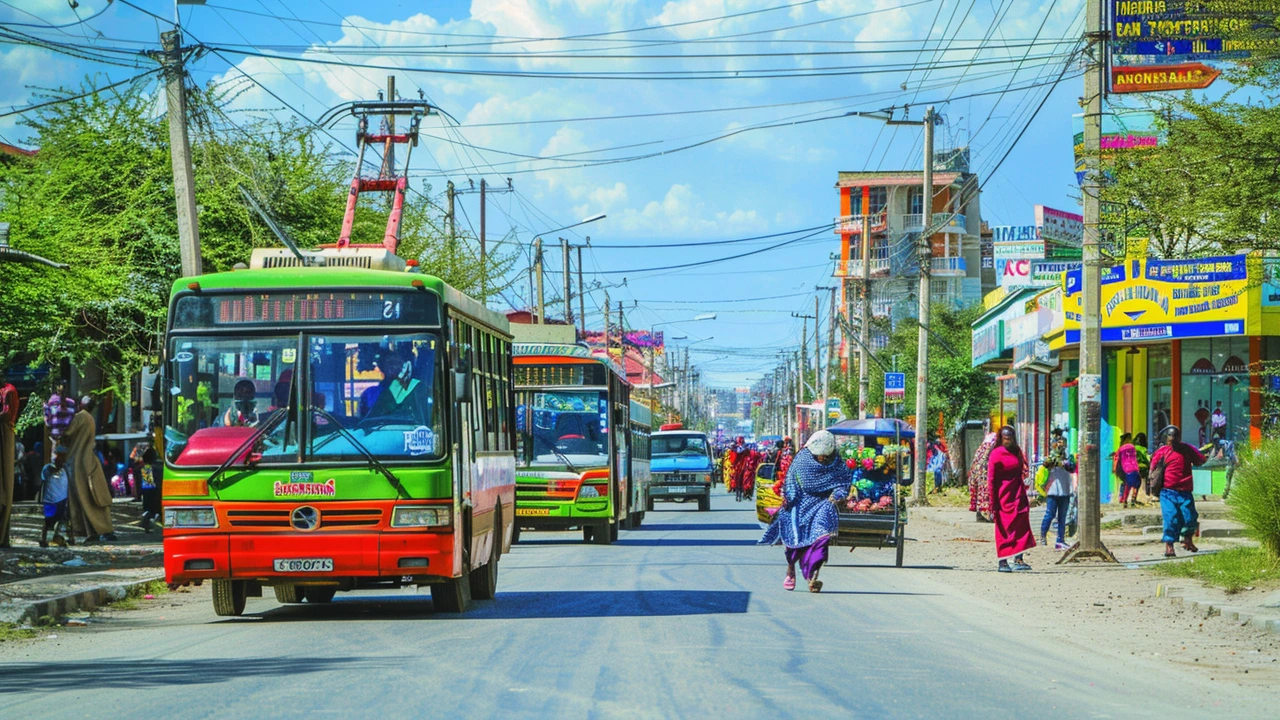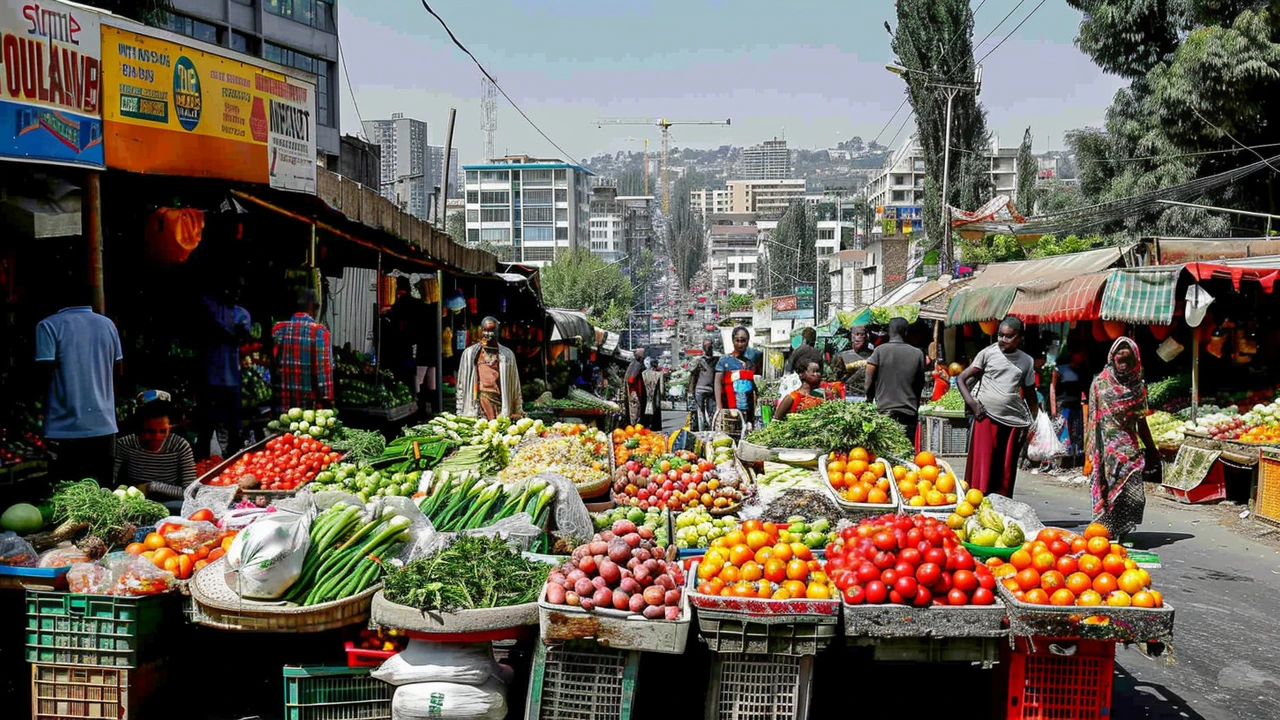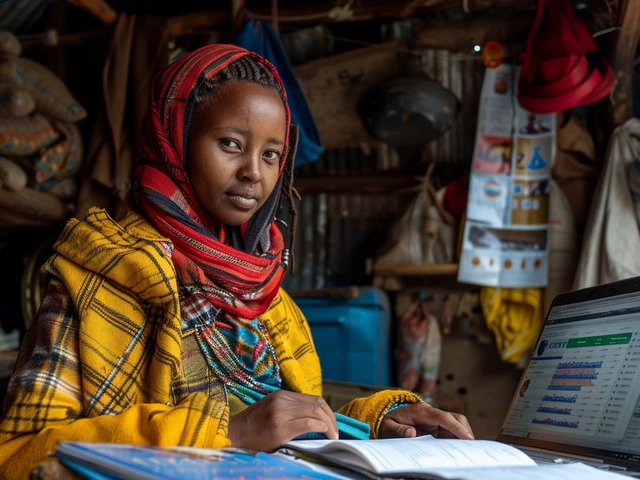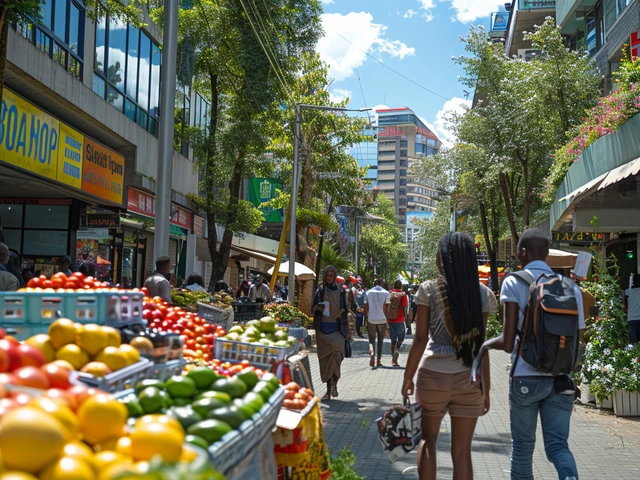Ethiopia Development: Real Talk on Jobs, Living, and the Economy
Ever wondered what’s really happening with Ethiopia’s development? There’s a lot more going on than just what you see in headlines. Whether you’re thinking about relocating, investing, looking for a job, or just curious about the cost of living, let’s break down what it’s actually like on the ground in Ethiopia today.
First off, Ethiopia isn’t just a country with ancient history—it’s one of Africa’s fastest-growing economies. You see this in the busy streets of Addis Ababa and the burst of activity in cities like Hawassa and Bahir Dar. Infrastructure’s booming, with new roads, light rail lines, and lots of building projects shaping the skyline. Agriculture still employs most people, but there’s a growing tech scene and industries like textiles, construction, and manufacturing are opening up opportunities for everyone from engineers to business graduates.
Salaries are a hot topic. How much can you really expect to earn? It depends—teachers, pharmacists, engineers, and construction workers each see different pay rates. Entry-level jobs in the public sector might feel tight, but tech, business, and investment fields offer better earnings if you’ve got the skills. And yes, the wealth gap is real. There are billionaires reshaping entire sectors, but there’s also progress in creating more middle-class jobs and affordable housing, especially as new industries expand beyond agriculture.
Speaking of jobs, what’s in demand? Skills in IT, healthcare, and construction give you an edge. If you can speak more than one language—think Amharic, Oromo, or Tigrinya—it’s easier to slot into local teams or connect with different regions. For investors, Ethiopia’s agriculture, manufacturing, and technology sectors keep drawing attention. Startup founders are seeing big success, thanks to government-backed incentives and the country’s huge, young population.
Wondering about living costs? Add rent, transport, and food, and you’ll see Addis is cheaper than most big cities, though it’s edging up as the city modernizes. Looking for a place to stay? Options range from classic tukuls in rural areas to modern condos in the capital, with rent depending a lot on location and what amenities you want. It’s worth checking average prices and making a budget—this way, you can see which neighborhoods or cities match your needs best.
And for those thinking outside the box—digital opportunities are growing. Online freelancing, teaching, and small-scale e-commerce offer ways to make money without leaving home. Platforms might have their quirks (PayPal isn’t officially supported, but there are workarounds), so it pays to do your homework if you want to tap into remote income sources.
Bottom line: Ethiopia’s development isn’t just statistics and big projects. It’s about jobs, salaries, housing, and the small money-making moves people use every day to get ahead. With a bit of research, practical planning, and a willingness to adapt, you can find your spot and thrive here.






